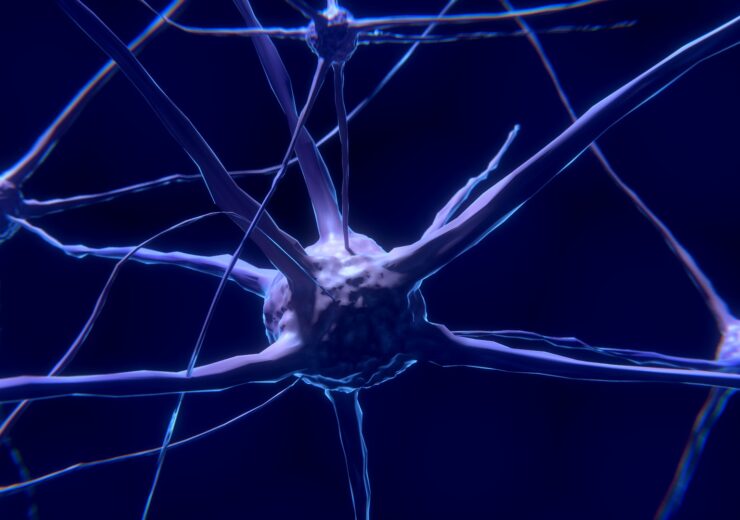The Breakthrough Device Designation will allow Abbott to make available the deep brain stimulation System as a new therapy option for people with TRD

Abbott receives FDA Breakthrough Device Designation for deep brain stimulation system. (Credit: Colin Behrens from Pixabay)
Abbott has received the US Food and Drug Administration (FDA) Breakthrough Device Designation to study the use of its deep brain stimulation (DBS) system in treatment-resistant depression (TRD), a type of major depressive disorder (MDD).
The DBS system is a specialised, scalable therapy that involves inserting small cables, or leads, into specific regions of the brain.
The leads are attached to a pulse generator that is implanted beneath the skin in the chest and that generates electrical impulses that can control aberrant brain activity.
Abbott’s DBS system has been used to help people with movement disorders, such as Parkinson’s disease and essential tremors to control their symptoms.
However, there is evidence that implanting electrodes in the area of the brain that controls mood could help people with TRD experience fewer symptoms.
The firm is collaborating with the FDA to create a strategy for assessing the device’s efficacy and safety.
The systems can work with NeuroSphere Virtual Clinic, a connected care technology that enables patients to communicate with and receive care and therapy adjustments from their doctors remotely and from the convenience of their own homes.
For patients who suffer from TRD, deep brain stimulation has the power to offer concrete improvement of depressive symptoms.
MDD, often known as clinical depression, is currently treated by a variety of methods, including antidepressant drugs and device therapies.
Abbott neuromodulation vice president Pedro Malha said: “Breakthrough product development always requires bold thinking and collaboration, and Abbott is fully committed to the journey of providing people with new therapeutic options for their treatment-resistant depression.”
